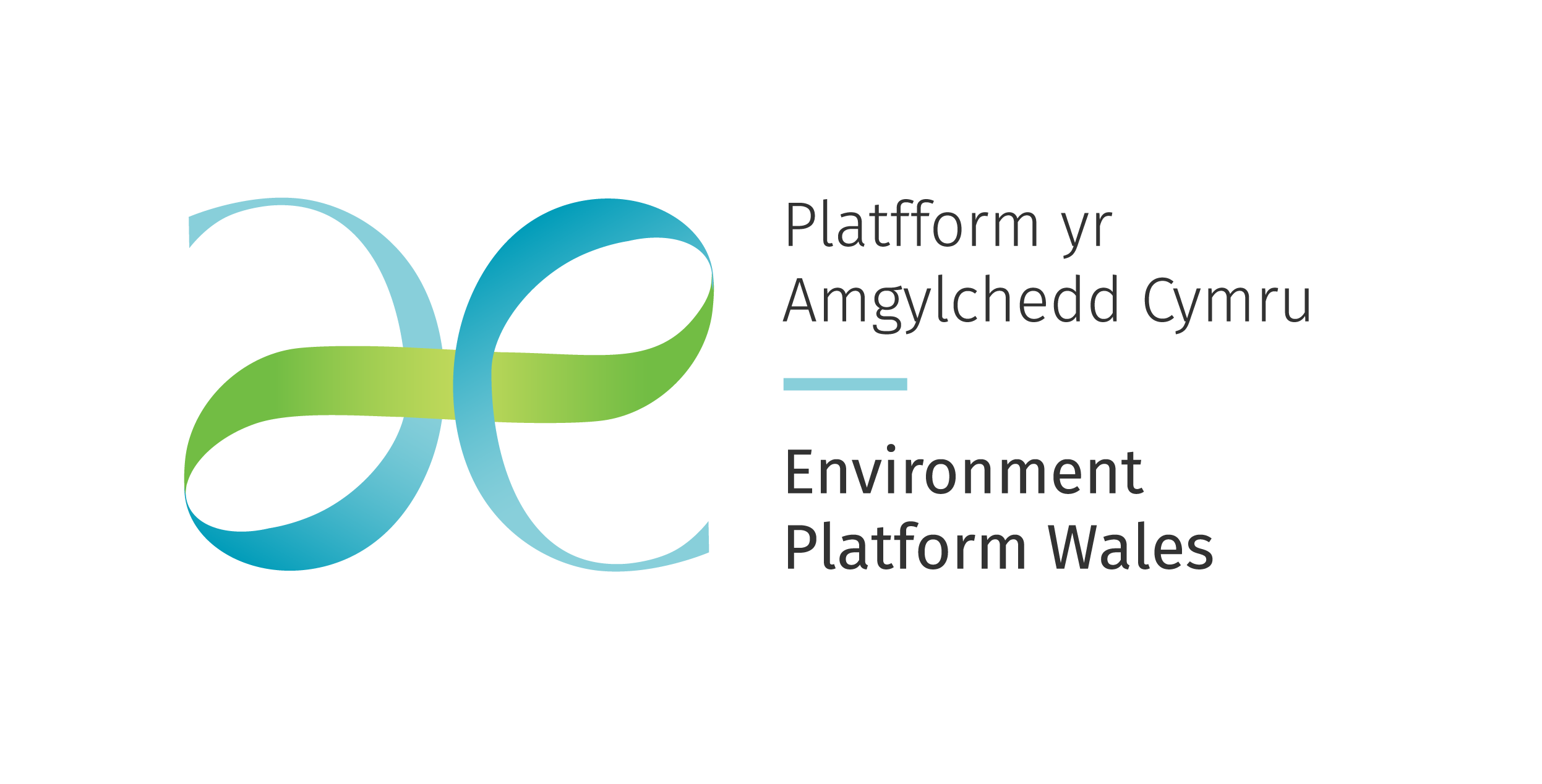
Adequately representing atmospheric blocking in climate models is important because of the different surface impacts associated with blocking such as heatwaves, drought, cold spells, wind droughts, and heavy precipitation; and the need to determine how blocking and blocking impacts may be changing under global warming. This lecture will cover the following topics:
1. What are the different types of blocking and how are they identified in observational data and model simulations?
2. How has blocking varied historically and how are these variations represented by climate models?
3. How are different characteristics of climate models related to the models’ ability to represent blocking?
4. How is blocking projected to change under global warming, and how confident can we be in these projections?
Speaker
Associate Professor Reinhard Schiemann
Reinhard Schiemann is Associate Professor at the National Centre for Atmospheric Science at the University of Reading. He studied Physics at the University of Leipzig and obtained his PhD from ETH Zurich. Reinhard’s research focusses on extreme events like heavy rainfall, droughts, and heatwaves, and on how these extremes are changing under global warming. Reinhard also invests in community climate model simulations, creating novel large-ensemble and high-resolution simulations, with the UK Met Office as a key partner.
Masterclass Series
Continuing our online Meteorological Masterclasses in partnership with the University of Reading, we are pleased to announce a new Masterclass series in “Atmospheric Blocking: Dynamics, Predictability, Impacts and Climate
During this series, three leading experts from the University of Reading will discuss the latest scientific advances for understanding and predicting weather, climate, and its impacts. Topics to be covered include the fundamentals of blocking, anticipating climate risk in infrastructure using atmospheric circulation patterns and representation of blocking in modes and climate projections.
These masterclasses are intended to provide support for professionals working in Meteorology and Climate Science, and its operational applications who wish to remain up to date on recent scientific developments in the field.
Masterclasses will run weekly on Wednesday’s 18 October, 01 November and 08 November 2023 from 3 pm to 4.30 pm (UTC), consisting of a presentation followed by the opportunity for questions and discussion with the speaker. Whilst the webinars are part of a series, attendance at all three events is not compulsory.
Sessions will be available as videos for any member who has registered but cannot attend. All registrants will have an option to email questions up to one week after the date of them going live.



